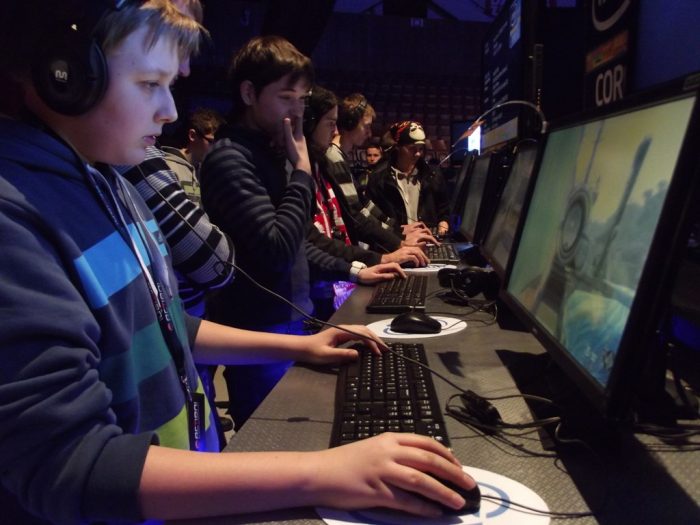“Yasuo, support, support!”
“Nautilus, come on, come on!”
“Man, I am going full on tilt!”
“Nice ult, dude!”
~
Believe it or not, the above conversation is in English.
It is taking place in different rooms of my house. My teenagers are each on a game and they are talking to one another through gaming headsets.
Hi, my name’s Carin and I am the mother of two teenagers with gaming addictions.
Last week, the World Health Organization (WHO) announced that gaming addiction would be listed in the 2018 International Classification of Diseases (ICD).
While this announcement has sparked controversy about the validity of gaming addictions as an illness, there is substantial evidence to support the concerns with internet gaming and the impact it is having on teens and young adults.
From a parenting perspective, it is difficult to control the amount of screen time that teenagers have daily. So much of their work is online, just like mine is.
As I am typing, I have multiple tabs open and multitasking has become a way of life. When my 10th-grade son says he’s doing homework on Google classroom, he has that screen open. But, he usually has a game open in another tab, just like I have Facebook open in another tab. It can be difficult to know exactly how much time our teens are spending gaming.
So, what’s the difference between kids who like to game and kids who are addicted? According to the ICD, the line is drawn around whether the game is impairing other parts of his life, like work, school, friends, or family.
As much as I really wanted to say something like, “My kids aren’t addicted to video games! They just really like gaming,” when this announcement came out last week, I realized that was the equivalent of saying, “He doesn’t have a drinking problem, he just likes to drink three to four drinks every night until he falls asleep on the couch.”
So, it’s time for some real talk. If you are a parent of a kid who likes video games, ask yourself the following questions:
>> Can you directly link video game use to a decline in grades, social activities, being outside, or spending time with family?
>> Does your child talk about video games constantly as if it is the only thing that exists?
>> Will your child lie, sneak, cut corners, or manipulate in order to play the game?
>> Is this a continuous pattern of behavior and not just in the first few days that a game is introduced?
If you said yes to the questions above, it’s okay. Take a deep breath. You are not a bad parent.
But, let’s think about what we can do to help our children find a better balance and avoid a gaming addiction:
Screen limits. I know this is really tough, especially if you end up fighting with your kids about what else they have to do. I have implemented a “password for chores” initiative that I saw on Facebook as a last resort. Some days, it feels like all I do is manage their screen time.
Go all in. If you are going to get buy-in from your teen, you are going to have to be a role model. So, you probably need to set some screen limits for yourself as well.
Use positive reinforcement. Find something that you want to do together with your teen that you can celebrate with at the end of a week with limits. Online gaming is about connection, so you will need to find something fun that connects you as a family, like laser tag, hiking, or hitting the beach.
Turn off the Wi-Fi. Have Wi-Fi free times in your house, like after 10 p.m. or before noon. You can program your router so it turns off at specific times.
Ask for help. Talk to your friends who have kids. Talk to your therapist. Talk to your kid’s guidance counselor or teachers. There is strength in knowing that other people have had a similar struggle.
Be kind to yourself. And to your kid. These addictions didn’t form overnight and they won’t be solved overnight. Avoid making generalizations like “you are going to fail everything” or “you will never amount to anything” because it’s just frustration talking. Breathe. Just because you don’t have the answers today doesn’t mean you won’t find them.
Do you think you have a teen with a gaming addiction? We want to hear from you! Comment below to share questions, support, or things you have tried.
~


 Share on bsky
Share on bsky





Read 4 comments and reply